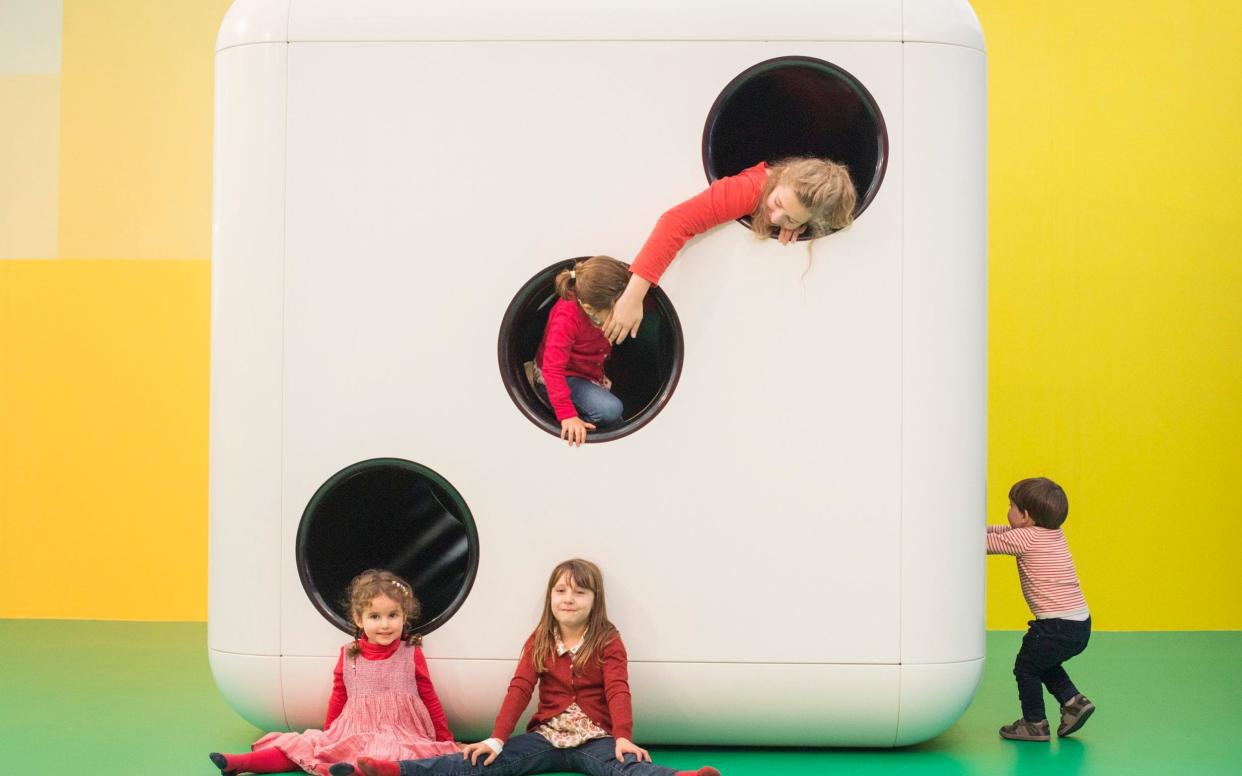Being an only child makes you more creative, but less agreeable

Children who grow up without siblings have differences in brain structure to those with siblings, according to new research.
Following a study of 250 college-aged students, researchers in Southwest University in Chongqin identified significant differences between only children and non-only children in the brain regions associated with imagination, agreeableness and emotional regulation.
Writing in the journal Brain Imaging and Behaviour, scientists concluded that the brain structure of only children cements “undesirable personality traits... such as dependency, selfishness and social ineptitude.”
• Imaginary friends and eccentricity: life as an only child
The “socialising effects” of having siblings, the study says, bestows upon most people “the earlier realisation that they are not the centre of the world”.
"Due to the absence of siblings, only children usually miss out on important opportunities to rehearse some of the more complicated aspects of relationships within a safe environment and also miss many opportunities to develop psychosocial skills, emotional support and learning opportunities compared with non-only-children."
Researchers believe their findings may suggest that family environment plays an important role in the development of individuals behaviour and brain structure.
The study also cites previous research indicating that only children are more aware of parental expectations, which has a strong influence on creativity.
"Only children might have more opportunities for independent activity, and independence is strongly related to creative thinking," they write.

 Yahoo News
Yahoo News 
